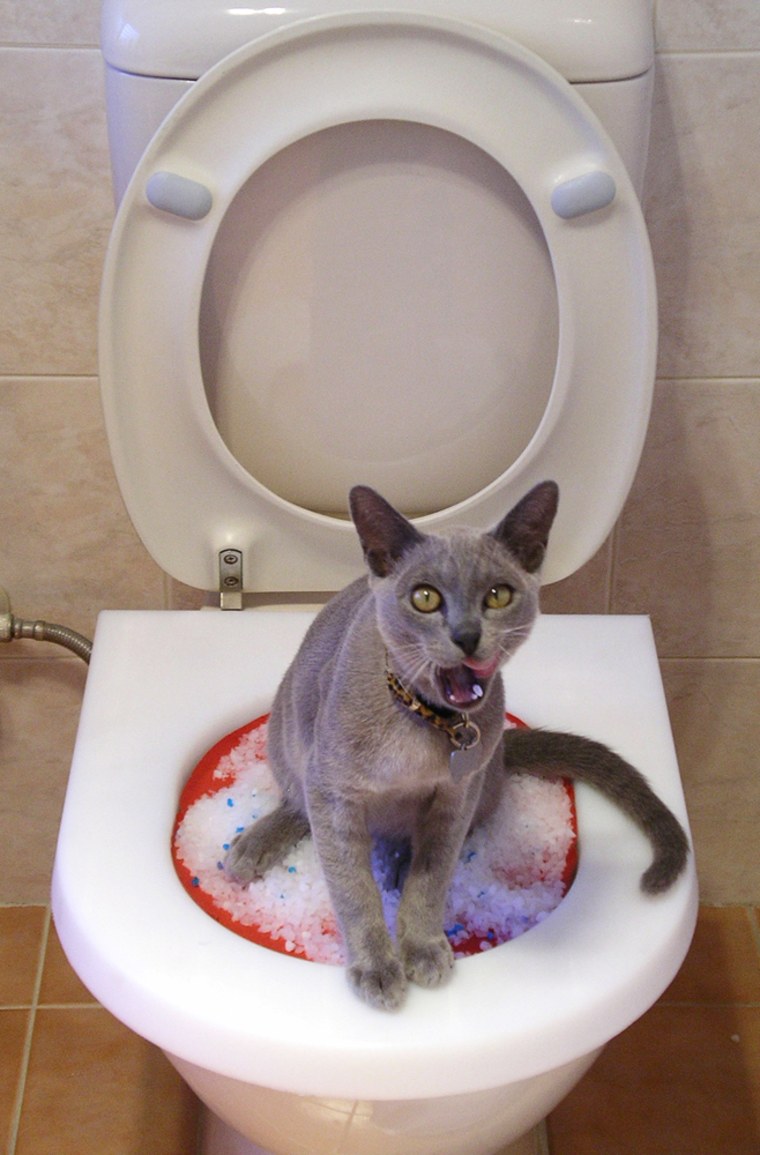Reasons Flushing Cat Poop Down Your Toilet May Cause Problems - Recommendations for Proper Disposal
Reasons Flushing Cat Poop Down Your Toilet May Cause Problems - Recommendations for Proper Disposal
Blog Article
Just about everyone has their own thinking involving How to Dispose of Cat Poop and Litter Without Plastic Bags.

Introduction
As feline owners, it's necessary to be mindful of just how we get rid of our feline friends' waste. While it might appear convenient to flush pet cat poop down the bathroom, this technique can have detrimental effects for both the atmosphere and human wellness.
Alternatives to Flushing
The good news is, there are much safer and much more accountable means to get rid of cat poop. Take into consideration the complying with options:
1. Scoop and Dispose in Trash
One of the most usual method of dealing with cat poop is to scoop it right into an eco-friendly bag and throw it in the garbage. Make sure to make use of a committed litter inside story and deal with the waste without delay.
2. Usage Biodegradable Litter
Opt for eco-friendly feline clutter made from materials such as corn or wheat. These litters are eco-friendly and can be securely dealt with in the garbage.
3. Bury in the Yard
If you have a lawn, consider hiding feline waste in a designated area far from vegetable yards and water sources. Make sure to dig deep enough to stop contamination of groundwater.
4. Mount a Pet Waste Disposal System
Buy a family pet waste disposal system especially designed for cat waste. These systems make use of enzymes to break down the waste, decreasing odor and environmental effect.
Wellness Risks
Along with environmental issues, flushing feline waste can likewise present health and wellness risks to human beings. Pet cat feces might consist of Toxoplasma gondii, a parasite that can create toxoplasmosis-- a potentially serious ailment, particularly for expectant ladies and individuals with damaged body immune systems.
Environmental Impact
Flushing feline poop presents dangerous pathogens and parasites right into the supply of water, posing a considerable risk to aquatic environments. These contaminants can adversely impact aquatic life and concession water quality.
Conclusion
Responsible pet dog ownership extends beyond providing food and sanctuary-- it also involves appropriate waste management. By refraining from flushing pet cat poop down the bathroom and going with alternative disposal methods, we can reduce our environmental footprint and shield human wellness.
Why You Should Never Flush Cat Poop Down the Toilet
A rose by any other name might smell as sweet, but not all poop is created equal. Toilets, and our sewage systems, are designed for human excrement, not animal waste. It might seem like it couldn’t hurt to toss cat feces into the loo, but it’s not a good idea to flush cat poop in the toilet.
First and foremost, assuming your cat uses a litter box, any waste is going to have litter on it. And even the smallest amount of litter can wreak havoc on plumbing.
Over time, small amounts build up, filling up your septic system. Most litter sold today is clumping; it is made from a type of clay that hardens when it gets wet. Ever tried to scrape old clumps from the bottom of a litter box? You know just how cement-hard it can get!
Now imagine just a small clump of that stuck in your pipes. A simple de-clogger like Drano isn’t going to cut it. And that means it’s going to cost you big time to fix it.
Parasitic Contamination
Believe it or not, your healthy kitty may be harboring a nasty parasite. Only cats excrete Toxoplasma in their feces. Yet it rarely causes serious health issues in the cats that are infected. Most people will be fine too if infected. Only pregnant women and people with compromised immune systems are at risk. (If you’ve ever heard how women who are expecting are excused from litter cleaning duty, Toxoplasma is why.)
But other animals may have a problem if infected with the parasite. And human water treatment systems aren’t designed to handle it. As a result, the systems don’t remove the parasite before discharging wastewater into local waterways. Fish, shellfish, and other marine life — otters in particular — are susceptible to toxoplasma. If exposed, most will end up with brain damage and many will die.
Depending on the species of fish, they may end up on someone’s fish hook and, ultimately on someone’s dinner plate. If that someone has a chronic illness, they’re at risk.
Skip the Toilet Training
We know there are folks out there who like to toilet train their cats. And we give them props, it takes a lot of work. But thanks to the toxoplasma, it’s not a good idea.

I have been very interested by Can You Flush Cat Poo or Litter Down the Toilet? and I'm hoping you enjoyed reading our blog post. Be sure to take the opportunity to share this content if you appreciated it. Thank you so much for going through it.
Schedule Now Report this page